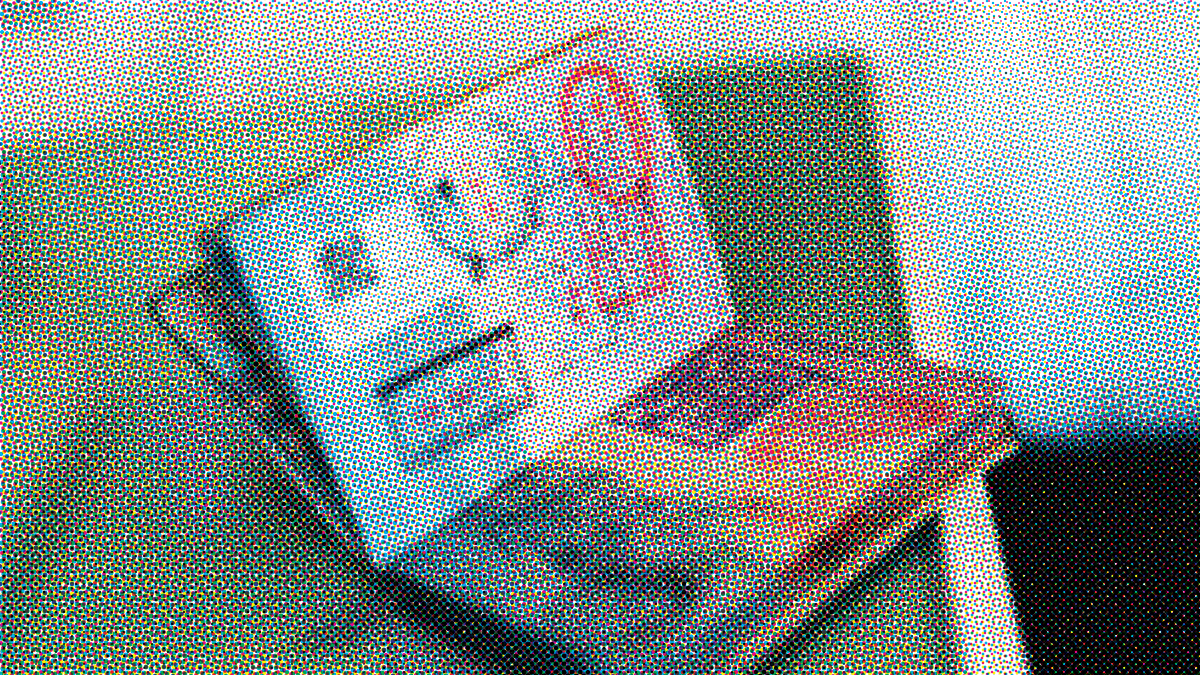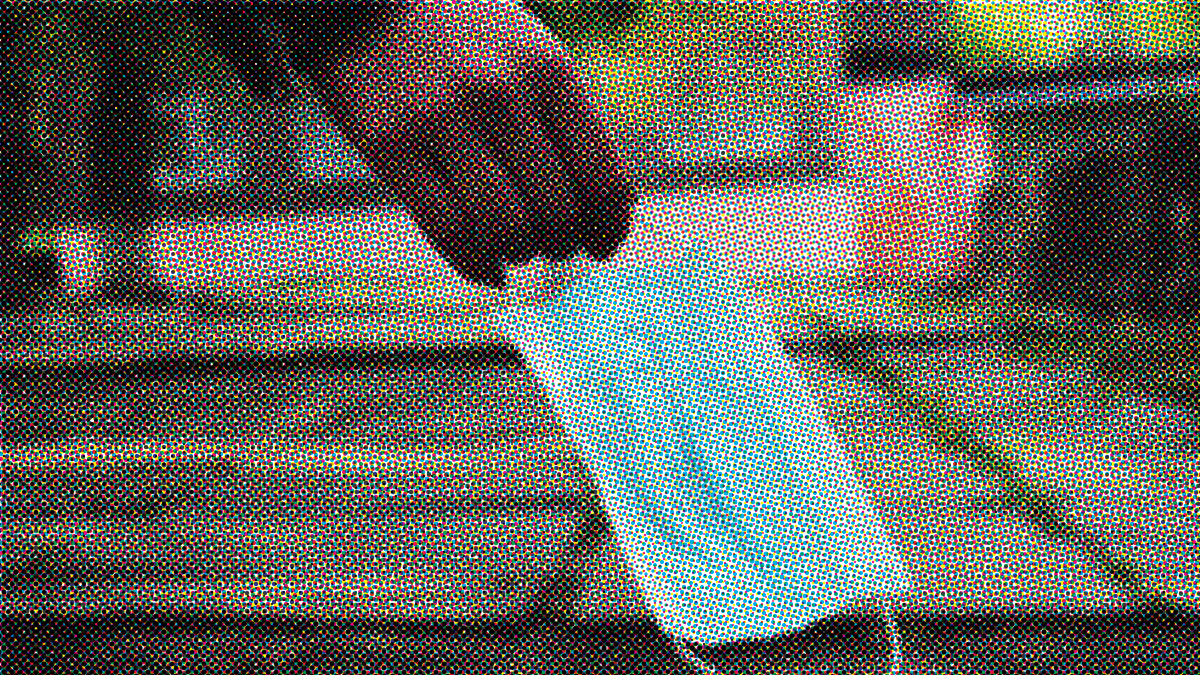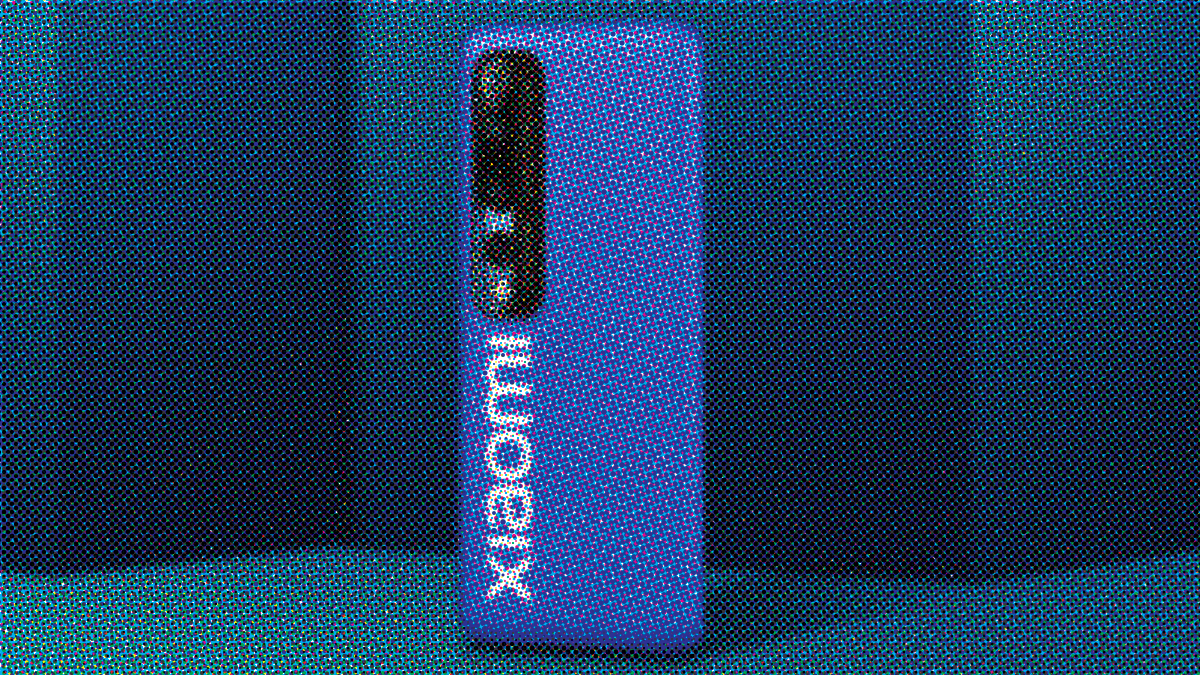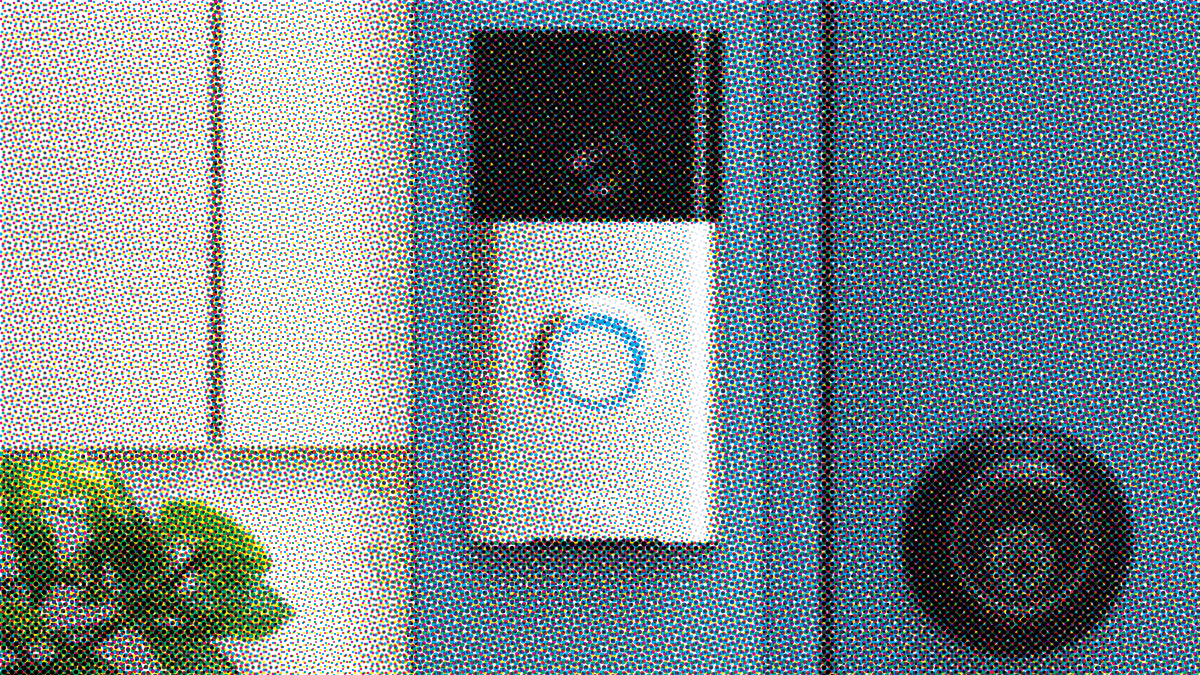A discussion on what's going on with privacy laws in the US and in post-Brexit Britain and a look at Amazon's latest push to spy on our living rooms.
An update on the Danish intelligence scandal, Google's plans to learn all about the things you get up to in hotel rooms and how to find out if your favourite podcast is tracking your listening habits.
Immunity passports are a very old idea. And they have many problems, not all of them directly privacy-related. What are these problems and why are they, if anything, made worse by digital technology?
By explaining what socialism means in its historical context, I aim to give listeners a better understanding of what the alternatives to capitalism are. Which is important for further discussions of the surveillance economy.
A discussion of the current state of journalism around the world and how it impacts all of our lives with my good friend and fellow critical thinker Michael Mullan-Jensen.
As things are slowly returning to some semblance of normalcy in Germany, this episode of the podcast reflects on how our perception of privacy and of our rights and freedoms has changed in the wake of the COVID-19 pandemic.
Almost a quarter of US consumers have given a company access to their bank account that they probably have never heard of. This shadowy company, which is collecting all of this data on financial transactions is called Plaid and they are coming for your bank account next.
The fourth biggest smartphone maker in the world, Xiaomi from China, makes very cheap phones with decent features. But it looks like they are selling out your privacy to recoup some of the money you're saving when you buy their phones.
A look at the Ring video doorbell, which started as a great idea to protect your home from burglars and which turned, with a little bit of help from Silicon Valley investors and your local police department, into one of the biggest surveillance nightmares of modern day urban life.
The coronavirus curfew has companies all over the globe scrambling to adapt to telecommuting. A massive beneficiary of this has been the teleconferencing company Zoom. But this company, in the best tradition of many a Silicon Valley startup, has a horrendous track record when it comes to security and privacy.









